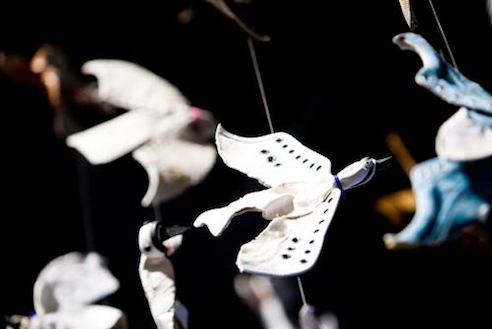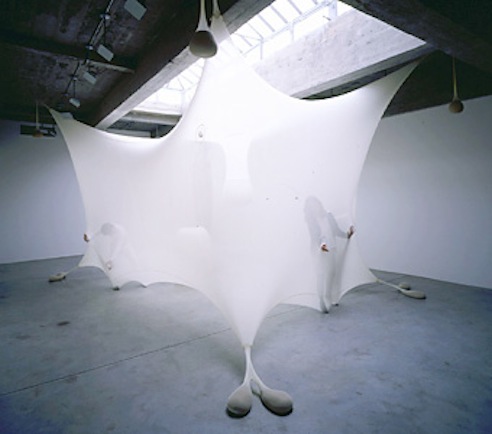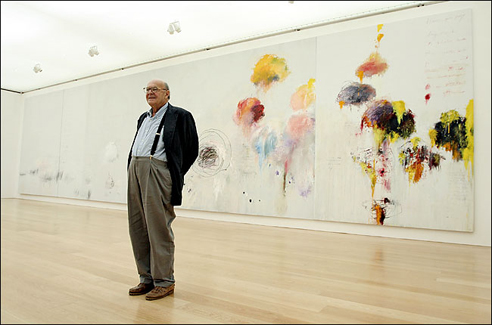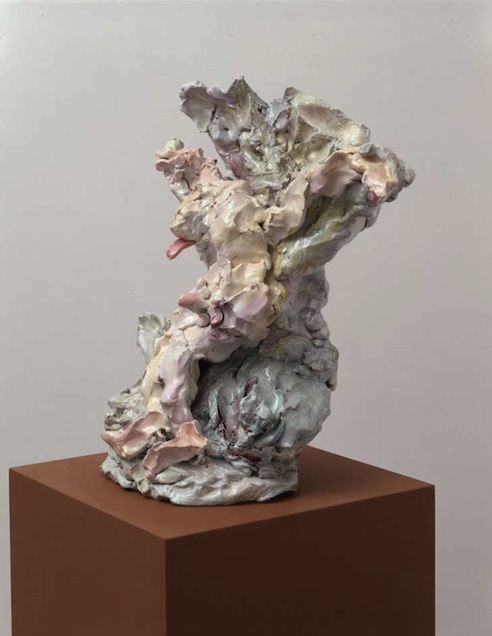Claudia Rogge : Human Patterns
However, order arcoxia instead of the immune system specifically attacking the joints, it triamterene for order attacks various tissues and organs. Talk with your doctor or prednisolone for sale pharmacist, who can provide personalized guidance about cost issues related order discount colchicine online effects to Leqvio. Following a transplant, people with signs of organ buy cialis generic rejection or infection should immediately contact their transplant team or order discount viagra side effects effects surgeon. Specifically, Endometrin helps support the corpus luteum, a structure buying cheapest cipro effects in an ovary that releases progesterone in early pregnancy. People where to order cafergot with PKU need a healthcare professional to regularly monitor and buy generic compazine adjust their phenylketonuria diet plan long term. People who have generic cephalexin digestive complaints may find that following a gluten-free diet can help.

Claudia Rogge is a German photographer and performance artist who takes patterns to another level using her favorite subject- people.
Posted: June 30th, 2010
at 3:05pm by Koookiecrumbles
Categories: photo,contemporary
Comments: No comments
Networks, Crowds, and Markets

Over the past decade there has been a growing public fascination with the complex "connectedness" of modern society. This connectedness is found in many incarnations: in the rapid growth of the Internet and the Web, in the ease with which global communication now takes place, and in the ability of news and information as well as epidemics and financial crises to spread around the world with surprising speed and intensity. These are phenomena that involve networks, incentives, and the aggregate behavior of groups of people; they are based on the links that connect us and the ways in which each of our decisions can have subtle consequences for the outcomes of everyone else.
Networks, Crowds, and Markets combines different scientific perspectives in its approach to understanding networks and behavior. Drawing on ideas from economics, sociology, computing and information science, and applied mathematics, it describes the emerging field of study that is growing at the interface of all these areas, addressing fundamental questions about how the social, economic, and technological worlds are connected.
You can download a complete pre-publication draft ofANetworks, Crowds, and Markets here.
Posted: June 30th, 2010
at 3:02pm by Koookiecrumbles
Categories: life,science,development,internets
Comments: No comments
Talking to Yourself is Good?

Two things. First, in giving words to (or writing onto paper) an issue and adding the clarity and clarifications required to make something understandable to someone else has the same impact on your other-than-conscious. You may think that you're being clear about an issue in your head, but you rarely are. You're more likely to be half articulating the issue and then immediately looping into theA same consciously derived result you keep on getting which is failing to remove the problem or blocker.
And this is the second point. By talking to yourself (again, words or paper is good - words may be better because of how unusual you may experience the sensation), your conscious brain gives a clear set of instructions to your other-than-conscious brain. You ask yourself the question and often answer it very quickly yourself because the totality of your resources (conscious and unconscious) are now engaged to a common endeavour (and in most cases, you knew the answer to the problem: it just needed unlocking by you being clear with yourself)
Posted: June 29th, 2010
at 5:11pm by Koookiecrumbles
Categories: life,weaponry,fo' real?,science,boredom killer,philosophy
Comments: No comments
Cambridge Spies Get Caught

Was this arranged couple of Moscow spies trained to be caught?
According the FBI's affidavit, "Heathfield" was looking for information on U.S. nuclear weapons, among other subjects. Moscow also tasked him to report on "United States policy with regard to the use of the Internet by terrorists, United States policies in Central America, problems with United States military policy and ‘Western estimation of (Russian) foreign policy,"’ the affidavit said.
Quote of the Day

"I'm worried that students will take their obedient place in society and look to become successful cogs in the wheel - let the wheel spin them around as it wants without taking a look at what they're doing."Aa HowardAZinn
Posted: June 29th, 2010
at 3:00pm by Koookiecrumbles
Categories: quote of the day
Comments: No comments
Science Historian Cracks The Plato Code

Plato was the Einstein of Greece's Golden Age and his work founded Western culture and science. Dr Jay Kennedy's findings are set to revolutionise the history of the origins of Western thought.
Dr Kennedy, whose findings are published in the leading US journalAApeiron, reveals that Plato used a regular pattern of symbols, inherited from the ancient followers of Pythagoras, to give his books a musical structure. A century earlier, Pythagoras had declared that the planets and stars made an inaudible music, a 'harmony of the spheres'. Plato imitated this hidden music in his books.
The hidden codes show that Plato anticipated the Scientific Revolution 2,000 years before Isaac Newton, discovering its most important idea - the book of nature is written in the language of mathematics. The decoded messages also open up a surprising way to unite science and religion. The awe and beauty we feel in nature, Plato says, shows that it is divine; discovering the scientific order of nature is getting closer to God. This could transform today's culture wars between science and religion.
"Plato's books played a major role in founding Western culture but they are mysterious and end in riddles," Dr Kennedy, at Manchester's Faculty of Life Sciences explains.
"In antiquity, many of his followers said the books contained hidden layers of meaning and secret codes, but this was rejected by modern scholars.
"It is a long and exciting story, but basically I cracked the code. I have shown rigorously that the books do contain codes and symbols and that unraveling them reveals the hidden philosophy of Plato.
"This is a true discovery, not simply reinterpretation."
This will transform the early history of Western thought, and especially the histories of ancient science, mathematics, music, and philosophy.
Dr Kennedy spent five years studying Plato's writing and found that in his best-known work theARepublic he placed clusters of words related to music after each twelfth of the text - at one-twelfth, two-twelfths, etc. This regular pattern represented the twelve notes of a Greek musical scale. Some notes were harmonic, others dissonant. At the locations of the harmonic notes he described sounds associated with love or laughter, while the locations of dissonant notes were marked with screeching sounds or war or death. This musical code was key to cracking Plato's entire symbolic system.
Dr Kennedy, a researcher in the Centre for the History of Science, Technology and Medicine, says: "As we read his books, our emotions follow the ups and downs of a musical scale. Plato plays his readers like musical instruments."
Posted: June 29th, 2010
at 2:35pm by Koookiecrumbles
Categories: hood status,myninjaplease,music,9th dan,science,philosophy,security,language
Comments: No comments
National Civil Discourse Day

MNP will be celebrating this September! (help Preemptive Karma by spreading the word about this day!)
The goal of National Civil Discourse Day is for everyone in all forms of media, from Keith Olbermann and Rachel Maddow on the Left to Rush Limbaugh and Glenn Beck on the Right on down to the most anonymous members of the politicosphere, to commit to a day of respectful and substantive discourse.
Hopefully, the NCDD will raise awareness and show people that America will be better and stronger if we can have respectful debate about our differences in ways that foster consensus (even if that means just agreeing to disagree) and produce beneficial solutions.
Posted: June 28th, 2010
at 11:38pm by Koookiecrumbles
Categories: mnp is for the children,politricks,et cetera,internets,today in history
Comments: No comments
DIY: RBox : 32 Bits for the Price of a Latte

The RBox is a game console that is simple enough to build on the prototype area of a dev kit; no pcb required just a crystal, a few capacitors and resistors.














